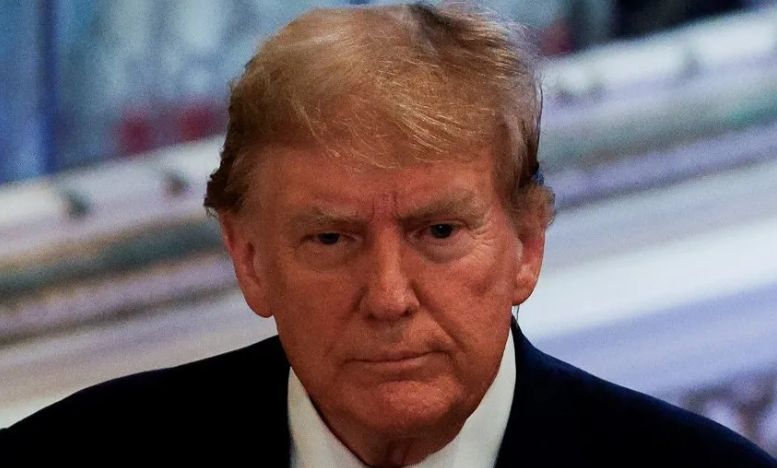A federal judge in Washington, D.C., is poised to make a pivotal ruling that could shed light on the extent of former President Donald Trump’s involvement in the events surrounding the January 6 Capitol riot.
This decision may soon make public key pieces of evidence from discovery that some legal experts argue demonstrate Trump’s actions were more personal than official on that fateful day.
The lawsuit, filed by a group of former and current U.S. lawmakers and police against Trump for alleged violations of the Ku Klux Klan Act, hinges on whether Trump acted primarily in his private capacity or in his official capacity as president when inciting the mob of his supporters.
Joseph Sellers, an attorney representing the lawmaker plaintiffs, emphasized the distinction between Trump’s criminal case and the civil lawsuit, arguing that Trump’s conduct on January 6 was primarily private.
Sellers pointed to various factors, including the organization of the Ellipse event by a private entity, the source of funding for the event, and the appearance of individuals like Rudy Giuliani and John Eastman, suggesting that Trump’s actions were not official.
While Trump seeks to stay the civil litigation indefinitely, invoking his Fifth Amendment right against self-incrimination, Sellers contends that the burden of proof lies with Trump to demonstrate that his actions were primarily official.
The plaintiffs are particularly interested in accessing Trump’s private records from his former Twitter account, X.com, which they believe could provide crucial evidence.
The judge’s forthcoming ruling may have significant implications, potentially establishing accountability for the events of January 6 and shaping the broader public discourse surrounding Trump’s role in the Capitol riot.
Regardless of the legal outcome, Sellers emphasized the importance of holding accountable those responsible for the events of that day.

